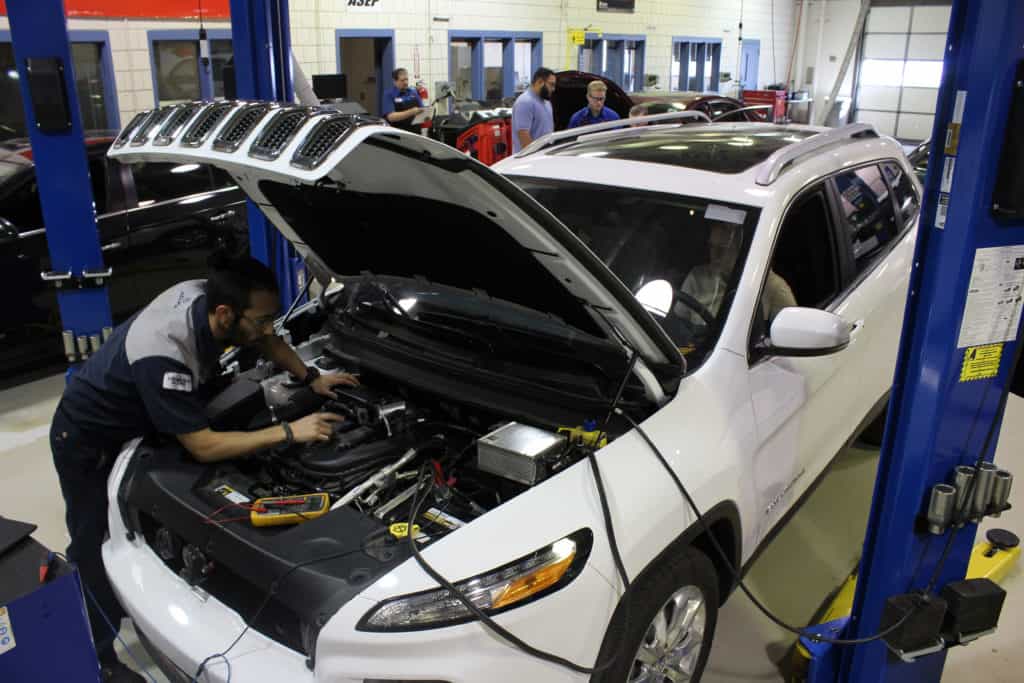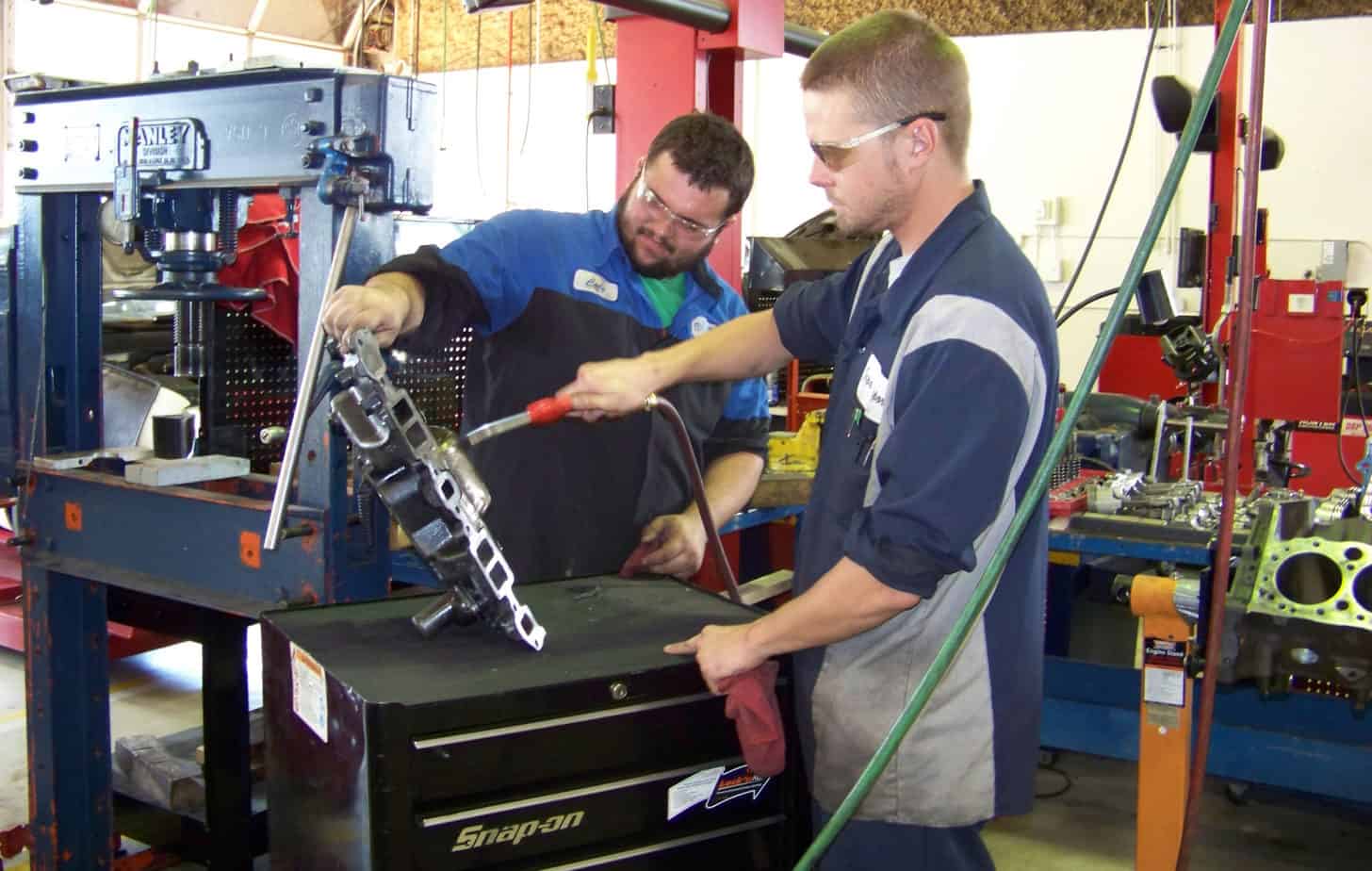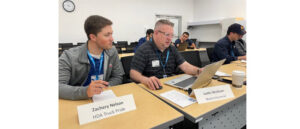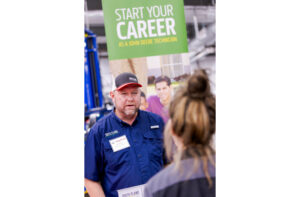Arapahoe Community College’s AT program will feature a hybrid of distance learning and in-class instruction
Littleton, Colo.—After 14 years working in Arapahoe Community College’s automotive technology department, Doc Viola is set to become its director on Aug. 1, taking over the seat chaired by his father, Jerry , who retired in January 2019. It will be an unusual christening of sorts as the school is scheduled to return to classes for the fall term during the pandemic on Aug. 24.
“We’ve had tremendous support from our campus administrators, who understand that automotive needs to have an in-person learning environment,” Viola told Aftermarket Matters Weekly. “We were one of the first — if not the first — to allow students back for automotive. We were trailblazers.”

ACC will move forward with a hybrid class structure in the fall so that, each day, students will have a synchronous component, in which they will log-in remotely for instruction on their devices. “They will have real-time lectures using Zoom with their instructor so they’re able to share PowerPoints, components they want to show and testing procedures,” Viola said. “We didn’t want it to be pre-recorded so we can give students the opportunity to ask questions and seek clarifications. Discussions and sharing of ideas will still be possible as in a traditional classroom.”
Students are currently attending ACC’s “Maintenance and Light Repair” summer semester during which they learn how to work safely in a shop, become an entry-level technician and the basics of service and repair.
The synchronous teaching will also be recorded and stored online for future viewing, as necessary. Classes will then be separated into two working groups, “A” and “B,” that will meet in lab on Mondays and Tuesdays, and Wednesdays and Thursdays, respectively, immediately following lectures.
“There’s a silver-lining benefit to this,” Viola said. “Due to the social distancing that needs to take place, our students will be working on their own, not unlike how they will be working in the industry. They’ll learn to rely on themselves and experience more hands-on training, rather than sharing the responsibility in a group of two.”

Students will be restricted to classroom groups of no more than 10, though one classroom will be able to host 15 due to its larger size and still maintain social distancing. There’s presently 51 students enrolled in the program. “We’re not maxing out our capacity — we could go larger — but we want to make sure that our students are safe and our level of instruction is still high quality.”
ACC had been considering a hybrid class model before the pandemic arrived. “Covid actually forced our hand sooner before we chose to go this route,” he said. “Once Covid is old news in a couple of years — which is what we’re hearing — we want to keep the hybrid fashion so students don’t have to visit campus every single day. It will allow them to remain at their place of employment, whether it’s an independent shop or dealership, a little bit more so they work on their actual shop skills.”
He added that the vehicles students work on in lab are very low mileage, so they not always experiencing real-world service. “It’s why we require our students to have a job in the industry by the end of their first semester — on-the-job training is very important. However, in light of Covid, we’re loosening that requirement because we don’t know which way the pandemic is headed and how it might affect the industry.”
Students and staff will follow typical guidelines and safety protocols, such as wearing masks, gloves and having their temperatures regularly taken.
“Every student will also have their own tool box, and tools will be sanitized after every use before being returned to the tool box,” he said, adding that vehicles will be disinfected for each group, as well.
New Honda PACT program on horizon
Previous to assuming the director’s role, Viola had been the college’s Mopar CAP (Career Automotive Program) coordinator and full-time faculty member. Under the CAP program, students receive factory training along with their associate’s degree and graduate as a Level II technician.
Other programs include the GM ASEP, Nissan Technical Training Academy and a Honda PACT program that will launch in fall 2021. “For all those programs, students will graduate with 70-80 percent of required training using tools, equipment and vehicles from each manufacturer,” Viola said. “Honda approached us because the Denver area has a lot of dealerships for service and there’s a regional training center in its backyard.”








Comments are closed.